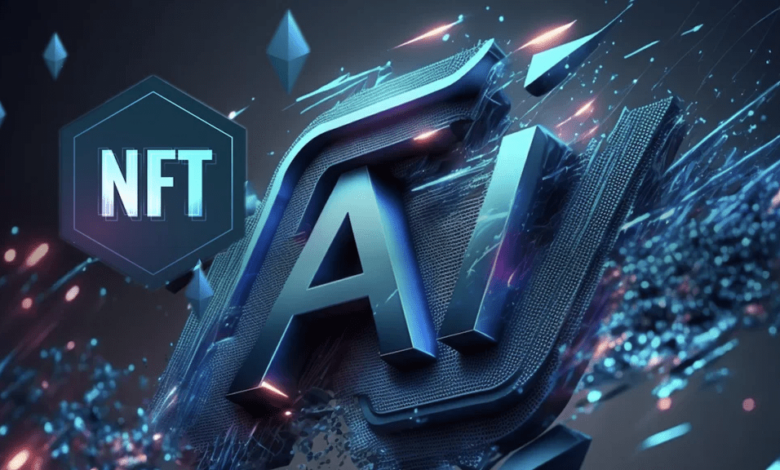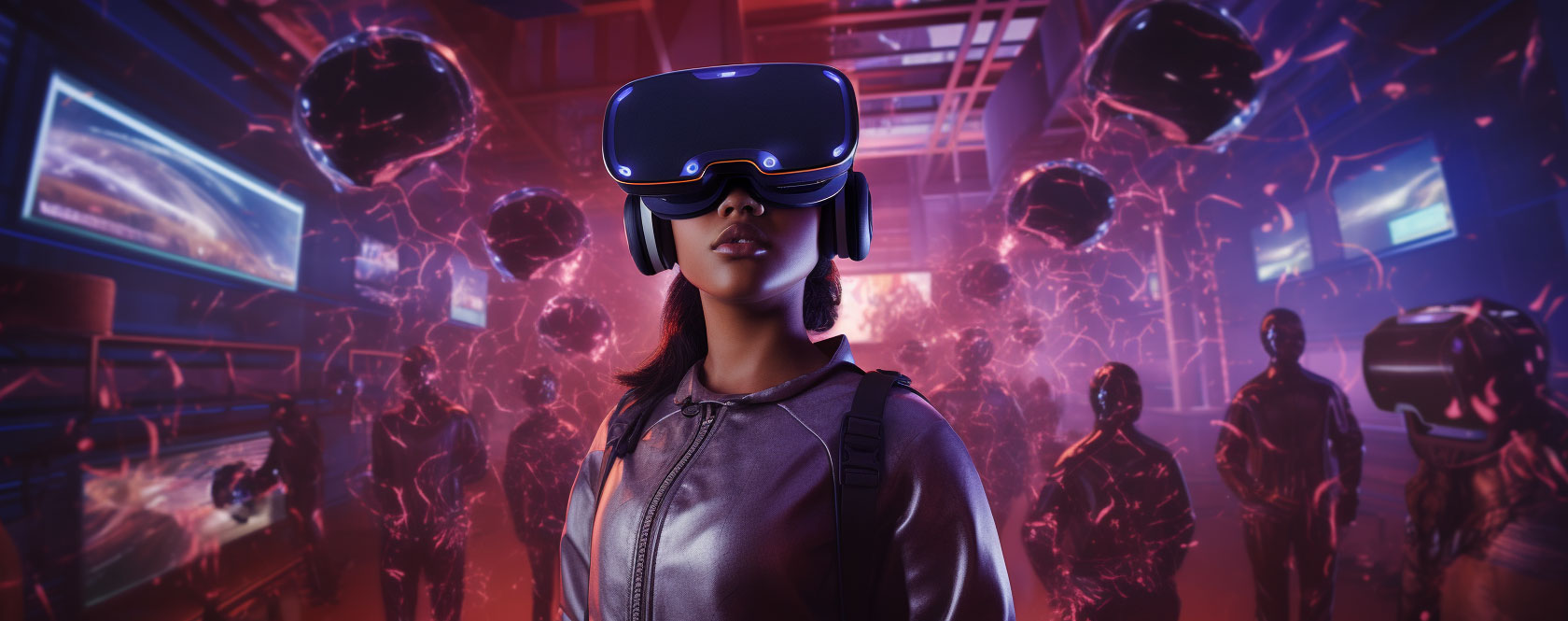
Gaming has always been about more than just entertainment—it’s a gateway to creativity, connection, and adventure. Now, with the rise of NFTs and the metaverse, gaming is entering a new era where players can truly own their digital experiences. Imagine a world where your in-game items are unique and can move seamlessly between different games.
Behind this transformation lies Artificial Intelligence, the hidden genius making it all possible. From creating personalized gameplay to designing entire virtual worlds, AI redefines what’s possible.
Combined with the immersive potential of the metaverse and the revolutionary ownership enabled by NFTs, AI is shaping the future of play in extraordinary ways. This intersection of technologies is not just changing games—it’s rewriting the rules of digital interaction itself.
AI’s Role in NFT Gaming
AI has become a driving force in making NFT gaming more engaging and efficient. By analyzing player behavior, AI tailors in-game experiences to individual preferences, enhancing immersion.
Additionally, AI supports procedural generation, enabling the creation of vast, unique environments and digital assets with minimal developer input. Players benefit from smarter, more interactive characters and adaptive gameplay that reacts to their choices.
In such a rapidly evolving space, staying informed is crucial to fully understanding and leveraging these advancements. For those looking to stay updated on the latest trends and innovations in this space, specialized NFT news platforms provide valuable insights. These platforms serve as a trusted resource, offering expert analysis and covering cutting-edge advancements in this ever-evolving industry. They also help audiences explore how AI-powered features are revolutionizing this field, making it more accessible, dynamic, and enjoyable for players worldwide.
AI-Driven NFT Creation and Customization
One of the most exciting contributions of advanced technology is its ability to enhance how digital assets are created and customized. Automated tools allow developers to design intricate items like avatars, virtual tools, and environments with unique features.
Players can also personalize their digital belongings, creating a stronger connection to their virtual experiences. This customization goes beyond appearance, offering functionality that can impact how these items perform in virtual worlds.
For instance, a player might create a character with specific skills or an item that adapts to their unique strategy. By simplifying the design process and encouraging creativity, these tools make it easier for both developers and players to work together, opening the door to new innovations in interactive entertainment.
Digital Assets in the Metaverse: Gaming Beyond Boundaries
The metaverse has unlocked new opportunities for gamers to own, trade, and interact with virtual assets. Blockchain-based items act as the foundation for this digital ownership, allowing players to buy and sell unique items, such as virtual land, clothing, or tools.
AI enhances this experience by ensuring the smooth integration of assets across multiple platforms, enabling seamless transitions within the metaverse. For example, a sword owned in one game could be carried into another, thanks to blockchain technology supported by AI’s interoperability features. This cross-platform utility gives players a sense of continuity and ownership that was previously impossible, pushing interactive boundaries further than ever before.
Challenges in AI and NFT Gaming
While the combination of artificial intelligence and NFTs brings exciting possibilities, it also comes with challenges. One significant issue is the technical complexity of integrating these technologies into games. Developers must address scalability concerns, ensuring that games can handle high user demand without compromising performance.
Additionally, ethical questions arise around AI’s use of data, especially when creating personalized content. Privacy and security are critical as the metaverse grows to include millions of users. Balancing innovation with responsible development will be key to overcoming these challenges. Addressing these concerns will ensure that AI and NFTs remain sustainable and beneficial for the community.
Future Possibilities: Where AI, NFTs, and Gaming Converge
The future of AI-driven NFT gaming looks incredibly promising. Esports could see a revolution, with AI enhancing gameplay analysis and performance tracking. Virtual reality and augmented reality experiences will likely benefit from smarter, AI-powered interactions, making games more immersive.
Community-driven content creation could also expand, as AI tools enable players to design their own games or environments within the metaverse. Platforms that foster collaboration between players and developers will play a significant role in shaping this future.
As these technologies continue to evolve, the possibilities for innovation are endless, making this an exciting time for gaming enthusiasts.
Conclusion
Integrating AI, NFTs, and the metaverse is revolutionizing the gaming world, creating personalized, dynamic, and immersive experiences. While challenges exist, the potential for innovation far outweighs the hurdles. Staying informed through trusted platforms is essential to navigating this exciting landscape. The journey has just begun, and the future holds endless opportunities for players and developers alike.






